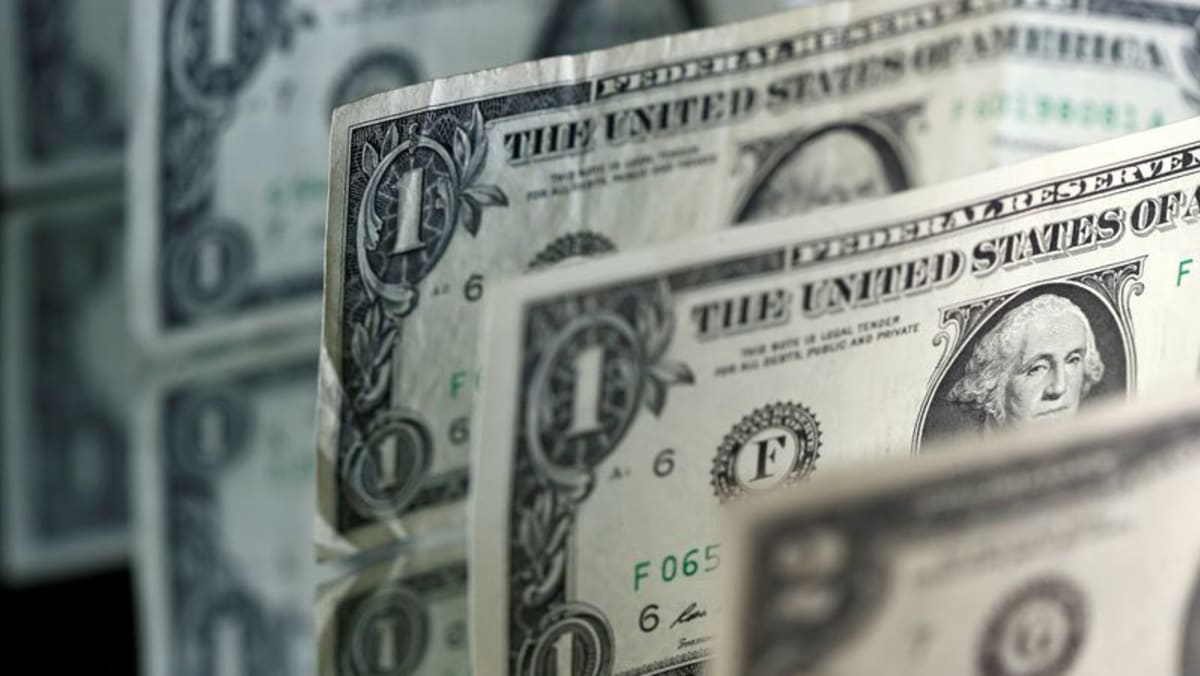BRUSSELS: European leaders have vowed to strengthen their defence capabilities amid growing uncertainty about long-term security commitments by the United States.
In the aftermath of World War II, West European nations, alongside US and Canada, created the North Atlantic Treaty Organization (NATO) for collective security against the then-Soviet Union.
Article 5, a cornerstone of the treaty, states that an attack on one NATO country is deemed an attack on all, and members will protect each other.
The US has since provided the lion’s share of military backing to the alliance, but recent moves by the White House has cast doubts on Washington’s continued willingness to come to Europe’s defence.
TRUMP AND EU
US President Donald Trump returned to office in January with a blaze of tariff threats and demands that allies pull their weight.
During his first presidency, Trump threatened to withdraw from NATO. This time, he has made repeated demands for European nations to increase military spending above the current NATO target of 2 per cent of their annual gross domestic product.
In a policy shift from his predecessor Joe Biden, he also made direct contact with Russia President Vladimir Putin over the war in Ukraine, and walked back on military support to Kyiv.
“That security partnership across the Atlantic has been so important, so integral, to allow Europe to… be an economic power and a cultural power,” said Ian Lesser, a distinguished fellow at public policy think tank German Marshall Fund of the United States.
“Now Europe is confronted with a world that has not only become much more dangerous but a world in which its principal ally has become less predictable.”
The European Union earlier this month unveiled an US$840 billion plan to rearm the continent, saying it wants to take on more responsibility for its own security.
The proposal will allow the bloc to temporarily ease its fiscal rules so member states can spend more for defence.
With the Trump administration touting an America First agenda, the EU said it is now the United Nations' most reliable partner, and is committed to the UN's principles of multilateralism.
European Commission President Ursula von der Leyen said that despite geopolitical shifts shaking alliances, the EU offers stability and predictability in the current climate.
“In a moment of increased global confrontation and competition, we must strengthen our partnership further,” said von der Leyen as the bloc held a summit in South Africa earlier this month to strengthen its diplomatic footing.
“We must work closely together, to ensure the future is built on our shared belief in cooperation and human dignity, in stable relations, (and together) we stay the course.”
TARIFF WAR
Currently, 30 per cent of global trade is conducted between the EU and US, making it the largest bilateral trading relationship in the world.
But Trump’s tariff blitz has unsettled markets and put Europe’s policymakers on edge.
On Thursday (Mar 27), the American president announced levies of up to 25 per cent on all automotive imports. The US is the EU’s largest market for cars, accounting for almost a quarter of its total automobile exports.
Earlier this month, Trump slapped sweeping 25 per cent tariffs on all steel and aluminum imports, extending the duties to hundreds of downstream products made from the metals.
The EU has responded to Washington’s duties with threats of countermeasures.
The European Commission, the executive arm of the EU, has warned that such tit-for-tat tariffs lead to lose-lose outcomes and is calling on Washington to change course to prevent ties from souring further.
CHARM OFFENSIVE FOR NEW TRADE PARTNERS
In face of a tariff war, European leaders have in recent months been on a charm offensive to seek new business suitors.
“Forging these partnerships is essential,” said von der Leyen.
“Because we have learned the very hard way that sourcing the products we need from partners we trust, is the best way to avoid over-dependencies or to avoid vulnerabilities and blackmail,” she added.
The EU signed a trade deal with the four nations from South America's Mercosur bloc Argentina, Brazil, Paraguay and Uruguay last December, following years of negotiations.
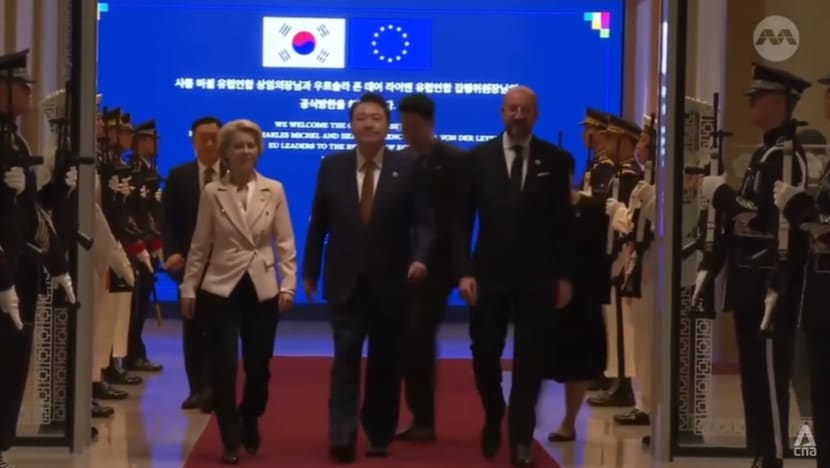 The EU has announced a digital trade agreement with South Korea.
The EU has announced a digital trade agreement with South Korea.
It advanced talks with India in February in an effort to secure a free trade agreement by the end of this year. The bloc also announced a US$5 billion investment deal with South Africa and a digital trade agreement with South Korea.
“It’s very clear that this diversification is not about replacing established good markets such as the US or China with other markets,” said Pauline Bastidon, director of trade and economic affairs at Spirits Europe.
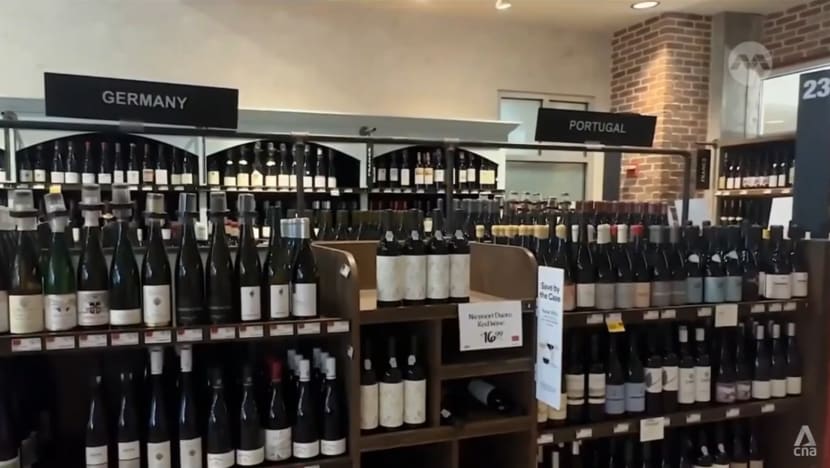 The EU responded to Washington's 25 per cent steel and aluminium duty with a proposed 50 per cent tariff on US whiskey and Trump replied with a threat of 200 per cent tariff on EU alcohol.
The EU responded to Washington's 25 per cent steel and aluminium duty with a proposed 50 per cent tariff on US whiskey and Trump replied with a threat of 200 per cent tariff on EU alcohol.
“It’s about trying to get even more diversity, more options for companies but this is something that is not going to help in the short- or mid-term.”
Experts have warned that trade deals could take over a decade to truly start bearing fruit.
The American Chamber of Commerce to the EU estimates a trade conflict with the US could cost businesses US$9.5 trillion a year.
EUROPE STAYS COURSE ON CLIMATE ACTION
With the US pulling out of a number of major global initiatives including the Paris climate agreement, there is pressure on Europe to step up.
“I think European leaders have taken stock of geopolitical shifts and the opening of a new era. They are kind of redefining how competitiveness, security and resilience looks like in this new context,” said Manon Dufour, the executive director of climate change think tank Third Generation Environmentalism.
“Climate and decarbonisation are still very central to this. What we need now is firmer commitment and action.”
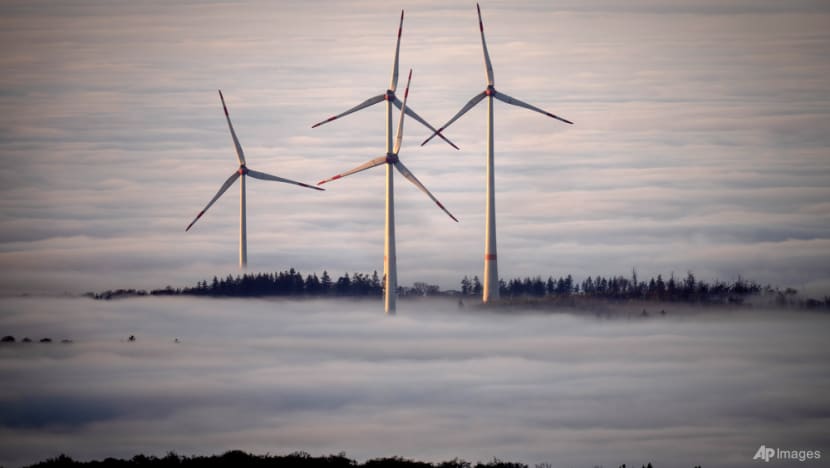 Wind turbines are surrounded by fog in the Taunus region near Frankfurt, Germany, Nov 10, 2024. The EUs Clean Industrial Deal could unlock over US$100 billion to support clean technology and EU-made clean manufacturing, as well as help member states transition to low-carbon economies (Photo: AP/Michael Probst)
Wind turbines are surrounded by fog in the Taunus region near Frankfurt, Germany, Nov 10, 2024. The EUs Clean Industrial Deal could unlock over US$100 billion to support clean technology and EU-made clean manufacturing, as well as help member states transition to low-carbon economies (Photo: AP/Michael Probst)
The EU has promised such action, pledging to stay the course even if the US does not.
The bloc's Clean Industrial Deal could unlock over US$100 billion to support clean technology and EU-made clean manufacturing, as well as help member states transition to low-carbon economies.
Von der Leyen has also stated the bloc's willingness to join forces on global warming - not just with like-minded partners, but with any country the EU shares interests with.
However, analysts said uncertainty lingers over whether, in the face of US retreat, Brussels can play a leading role.

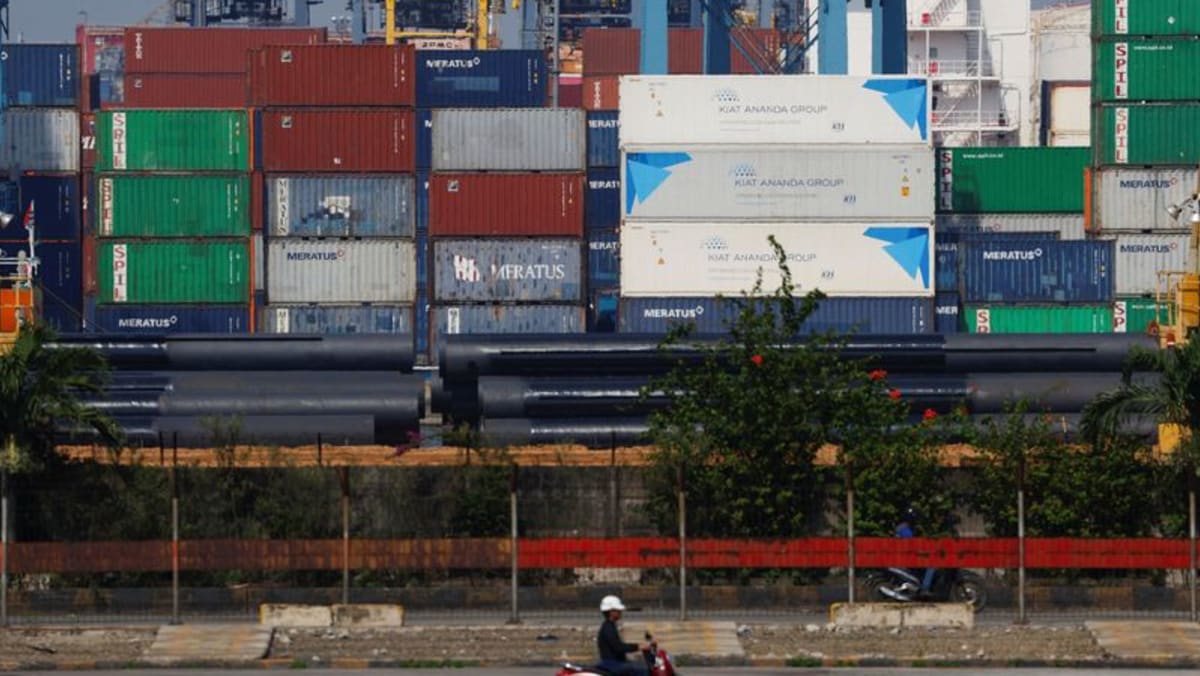

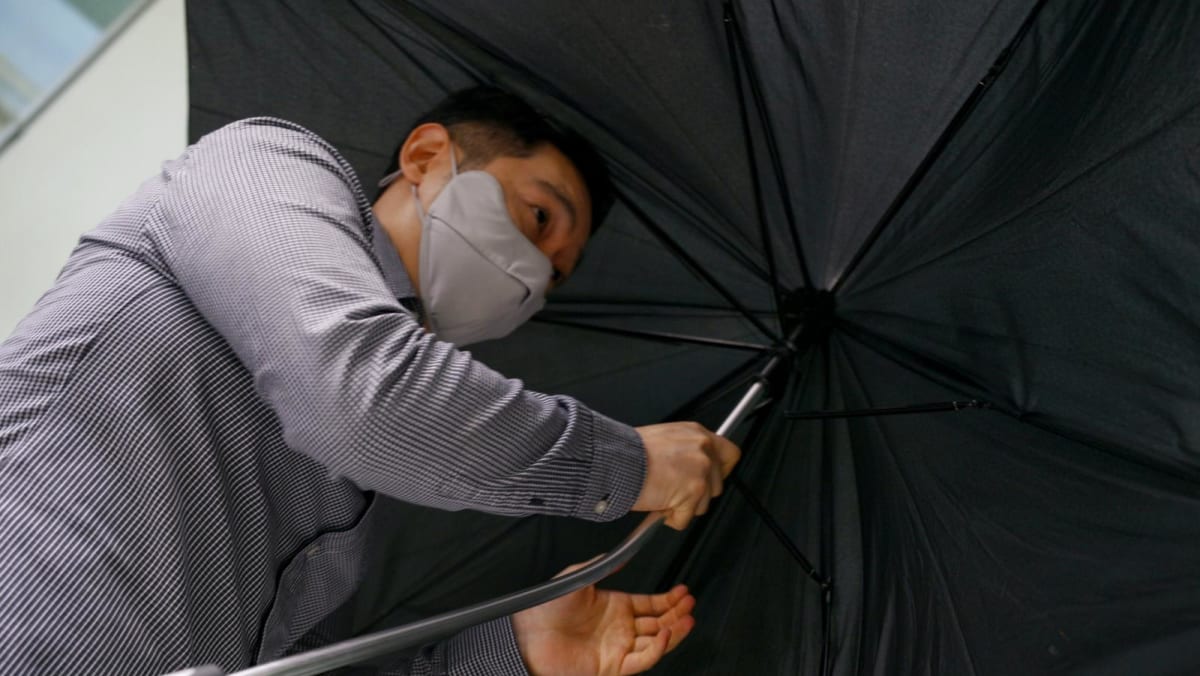

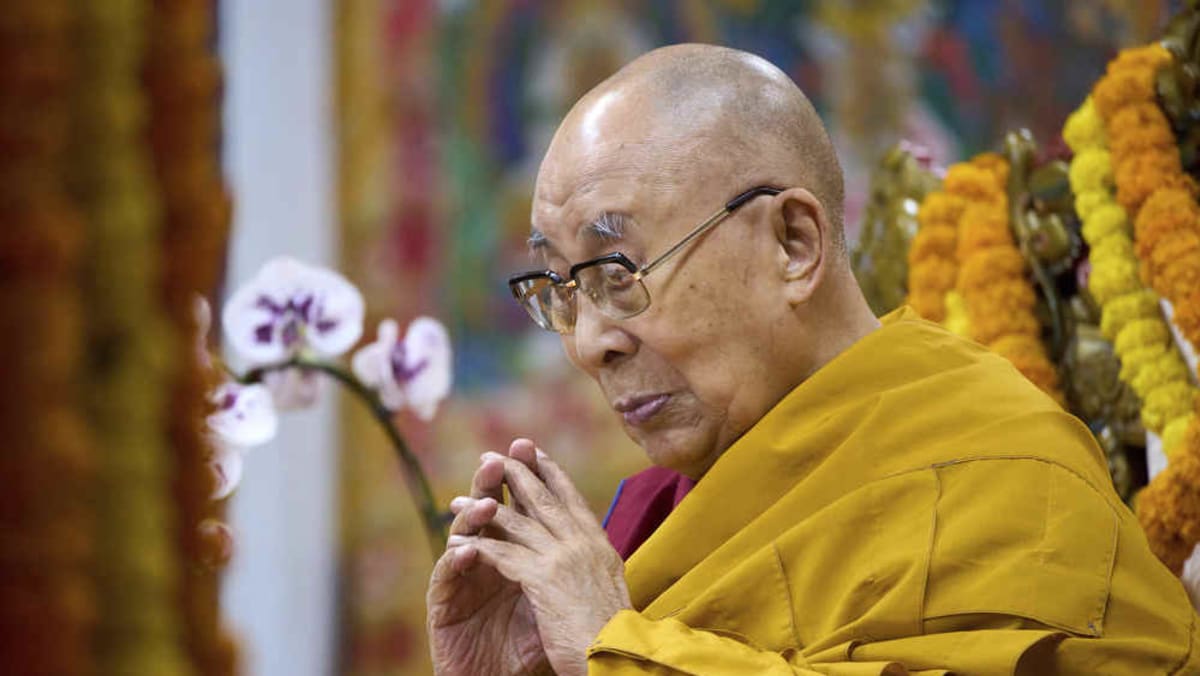



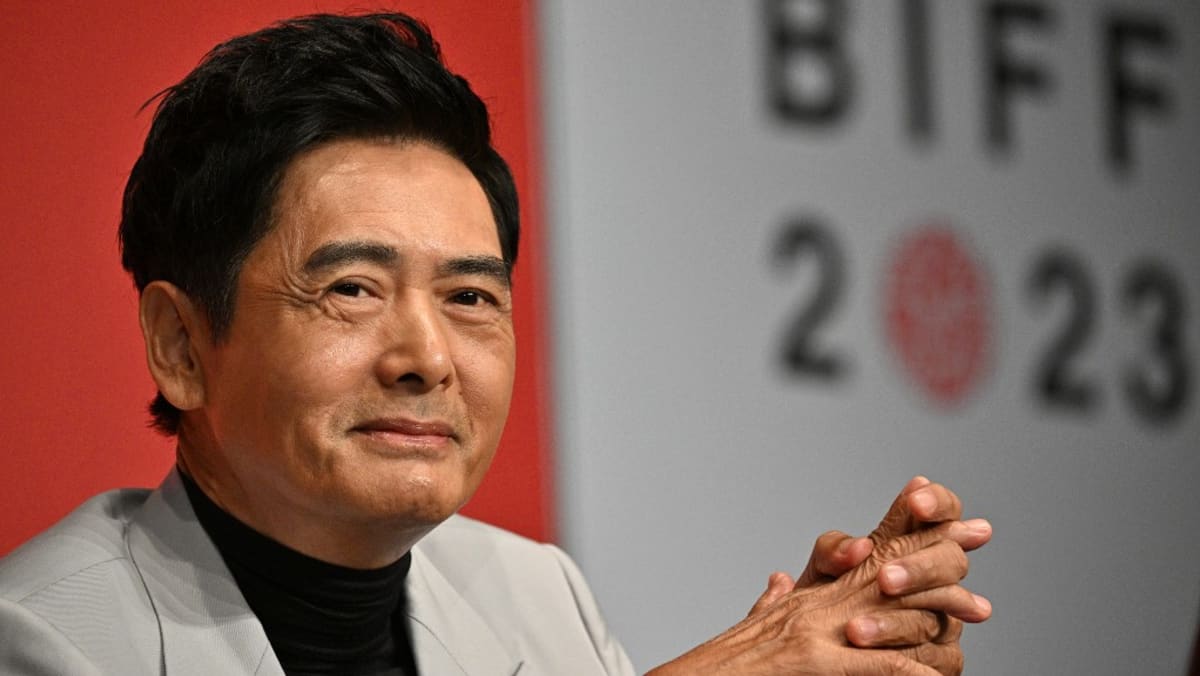


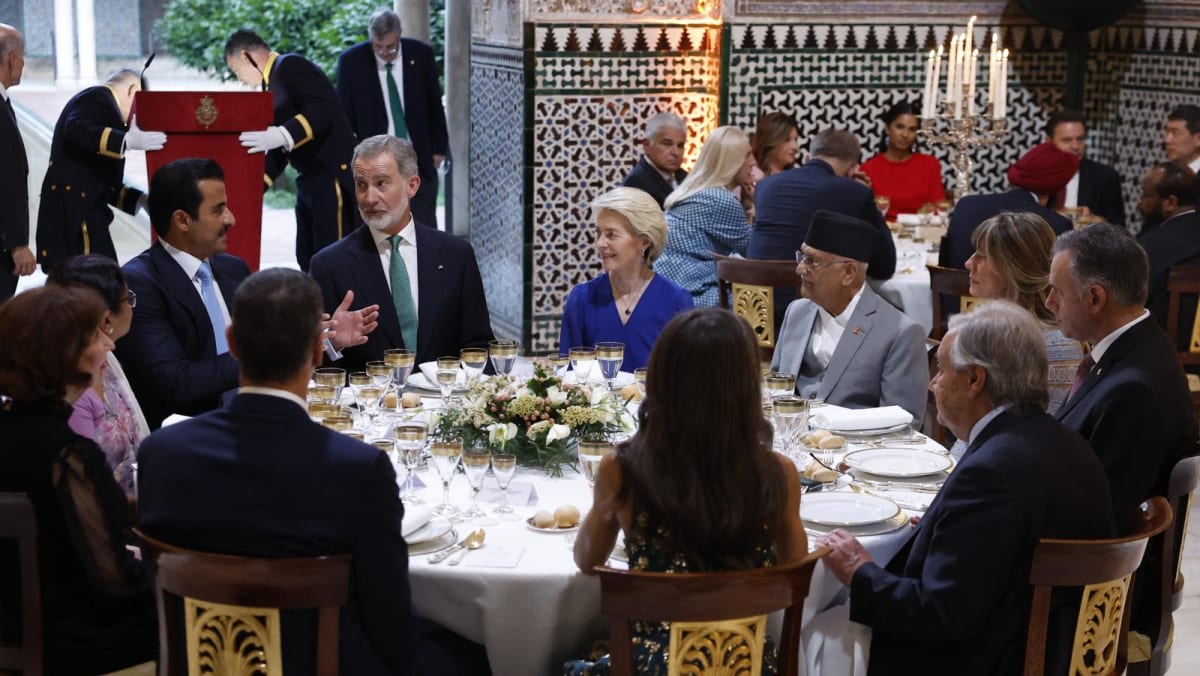
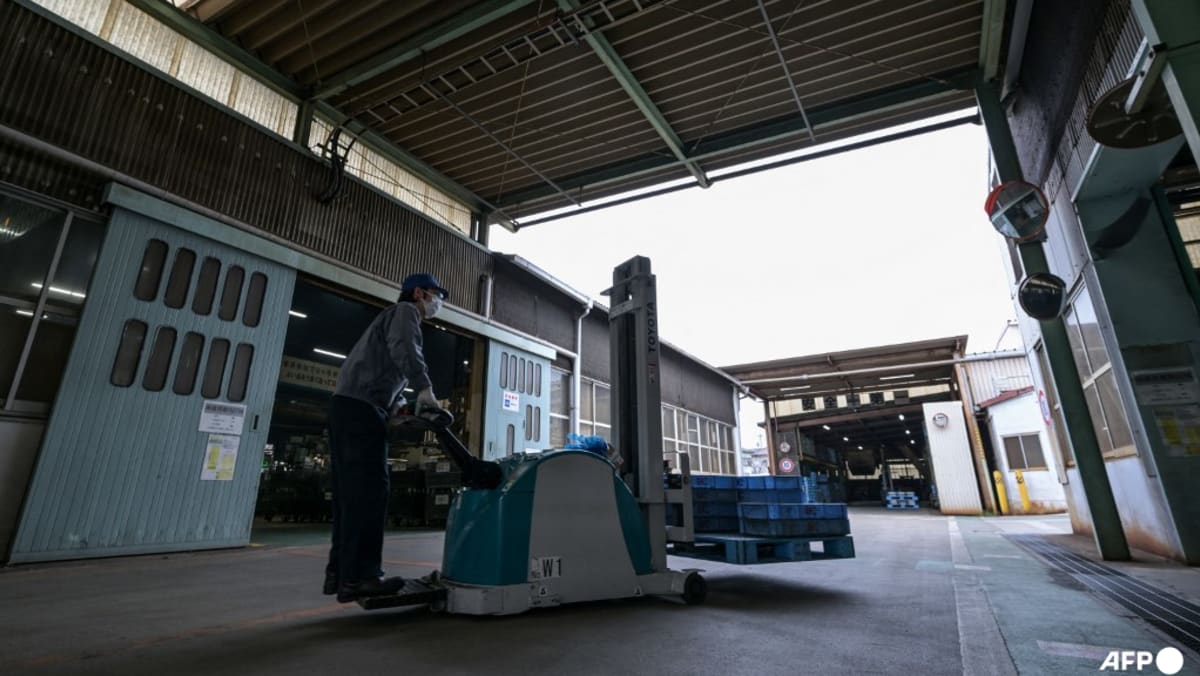
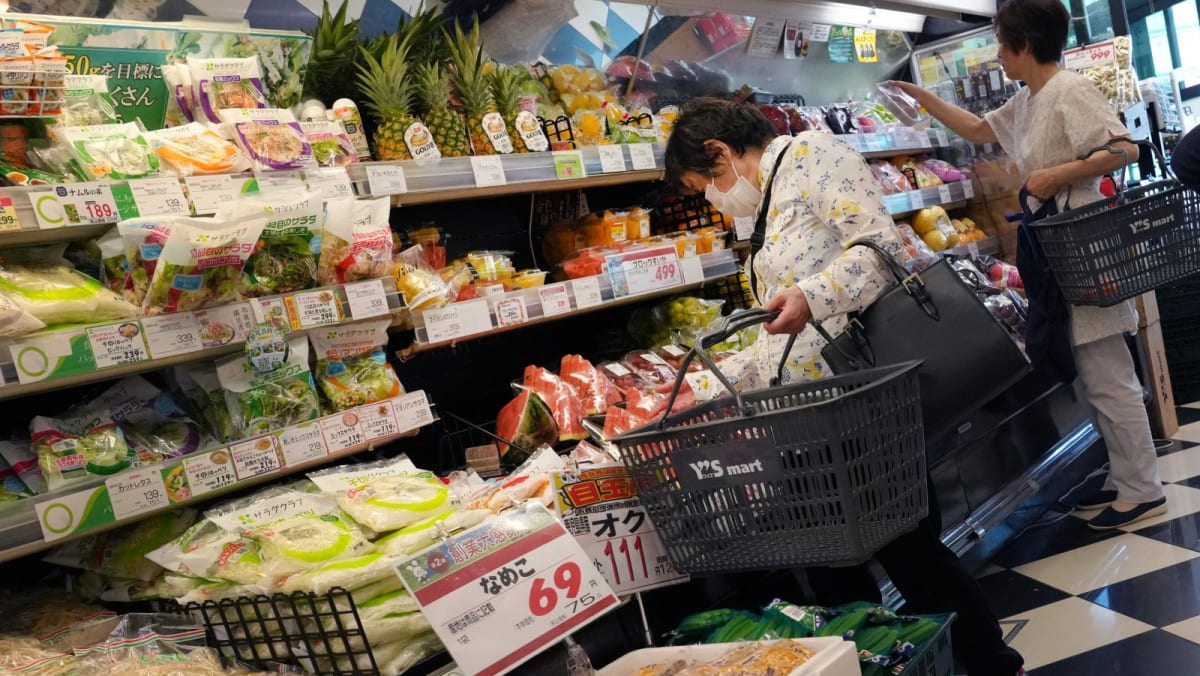
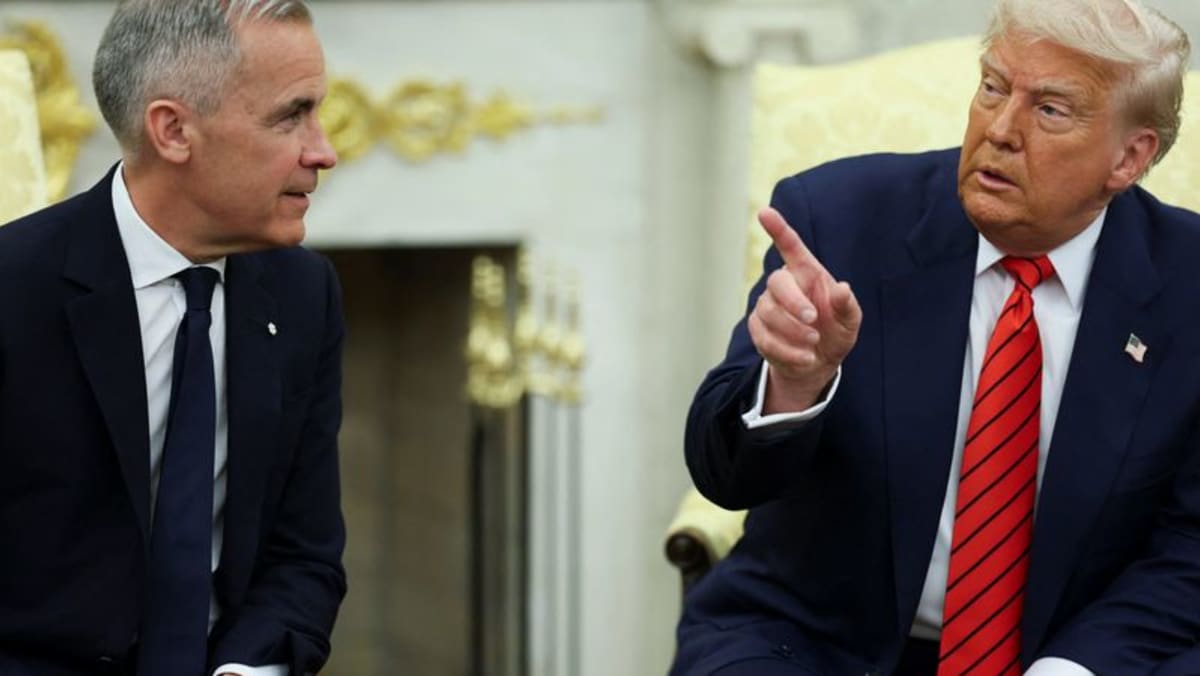
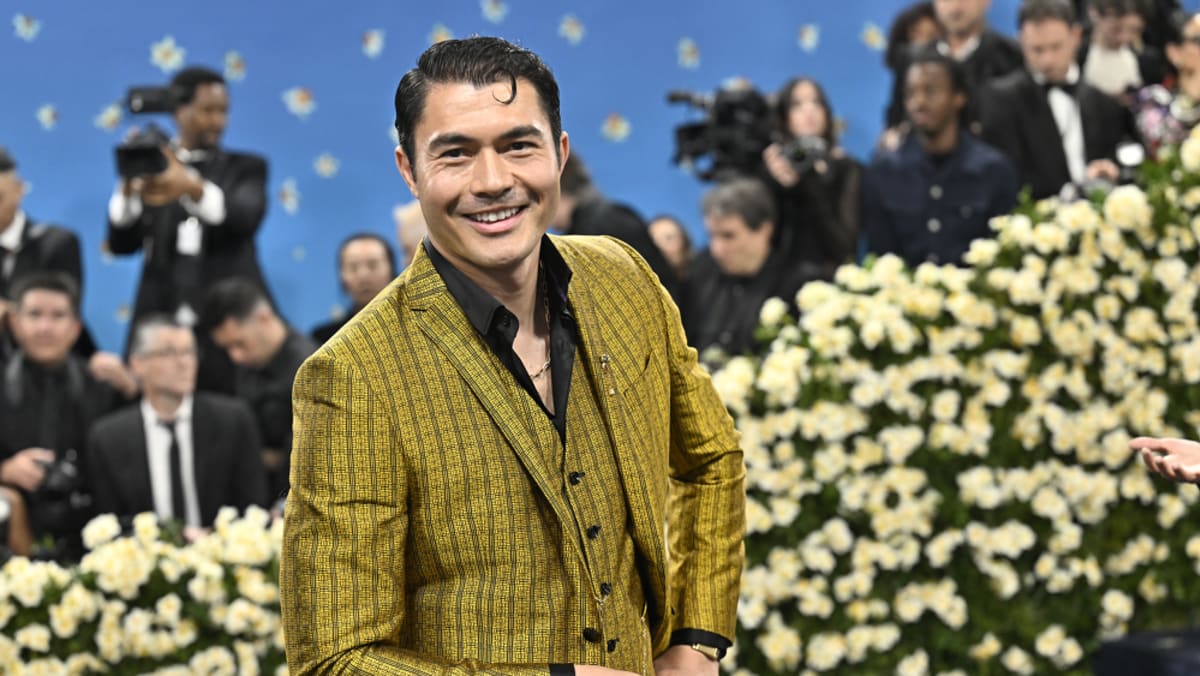

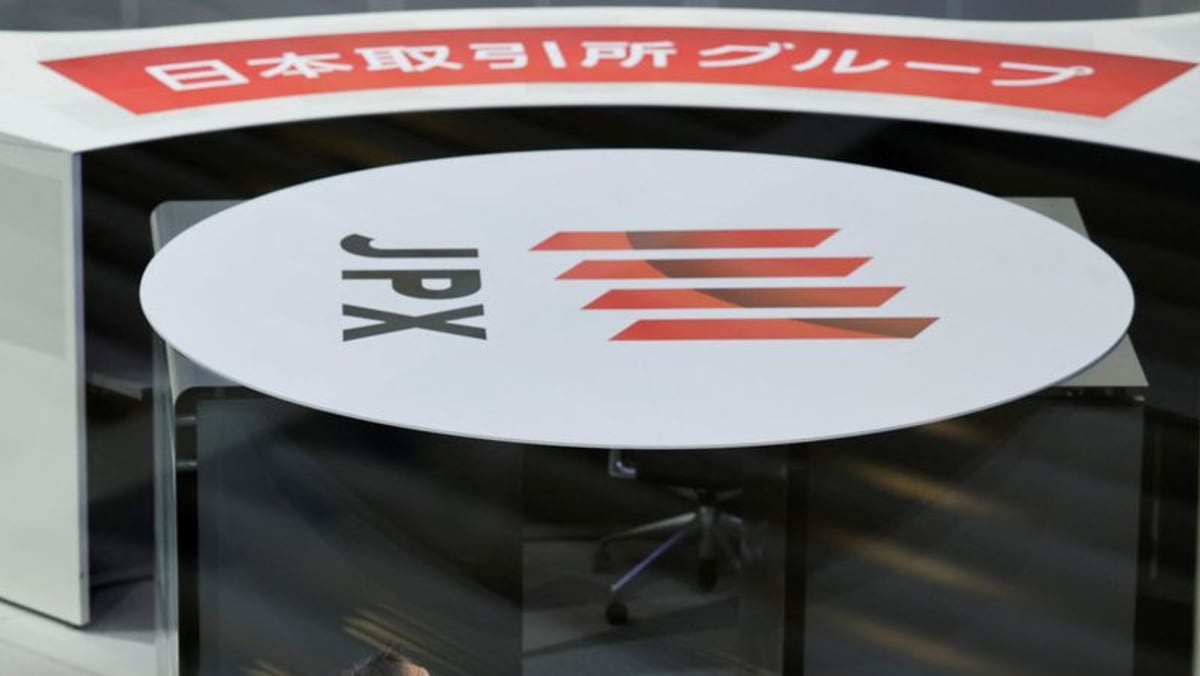
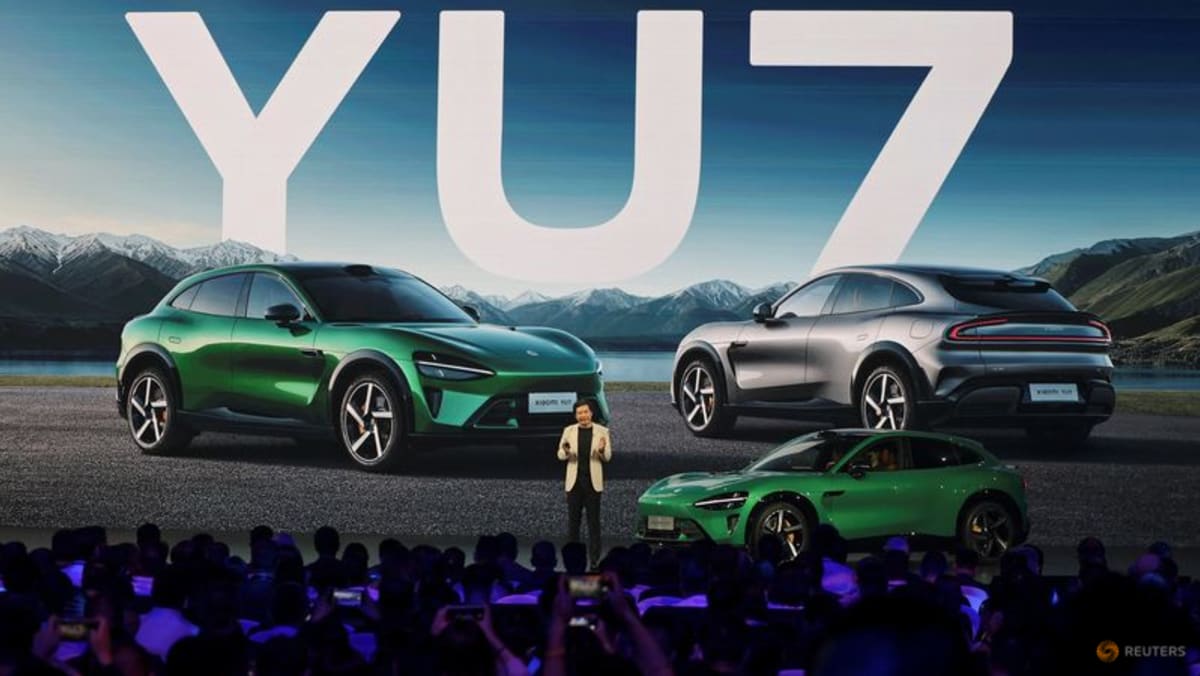


























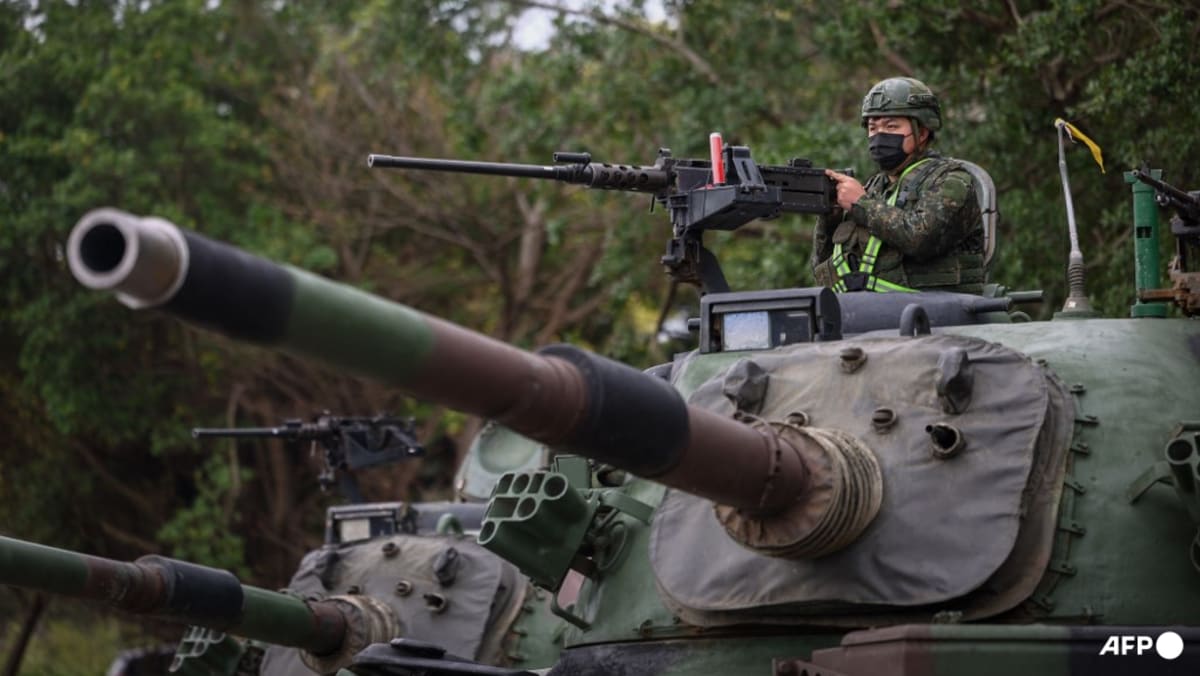


.png?itok=erLSagvf)
